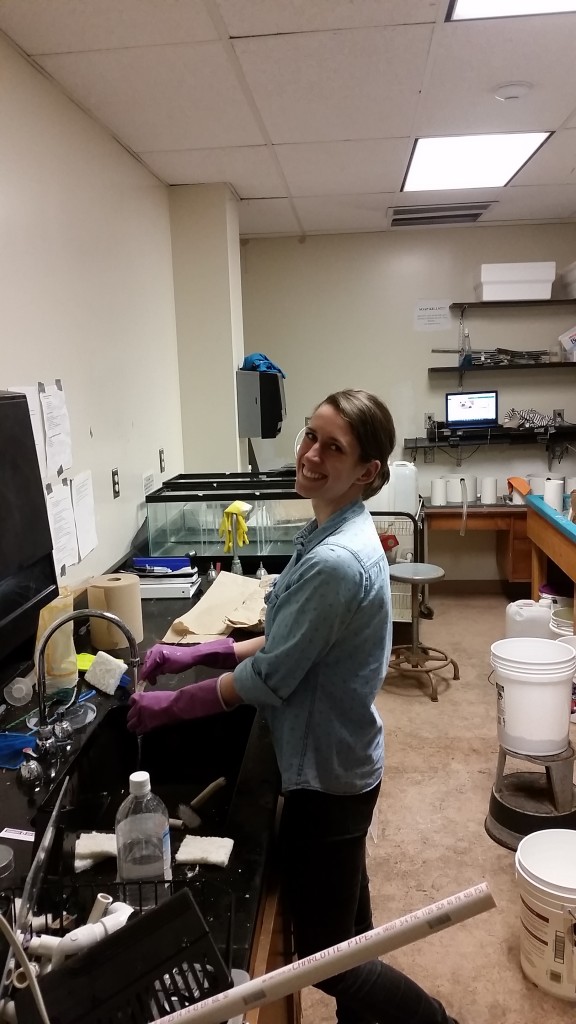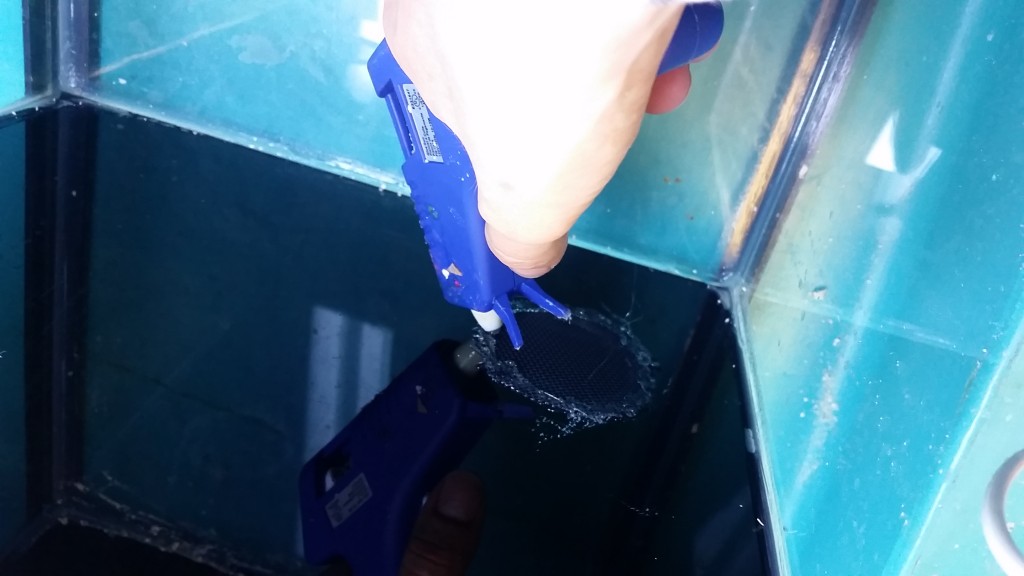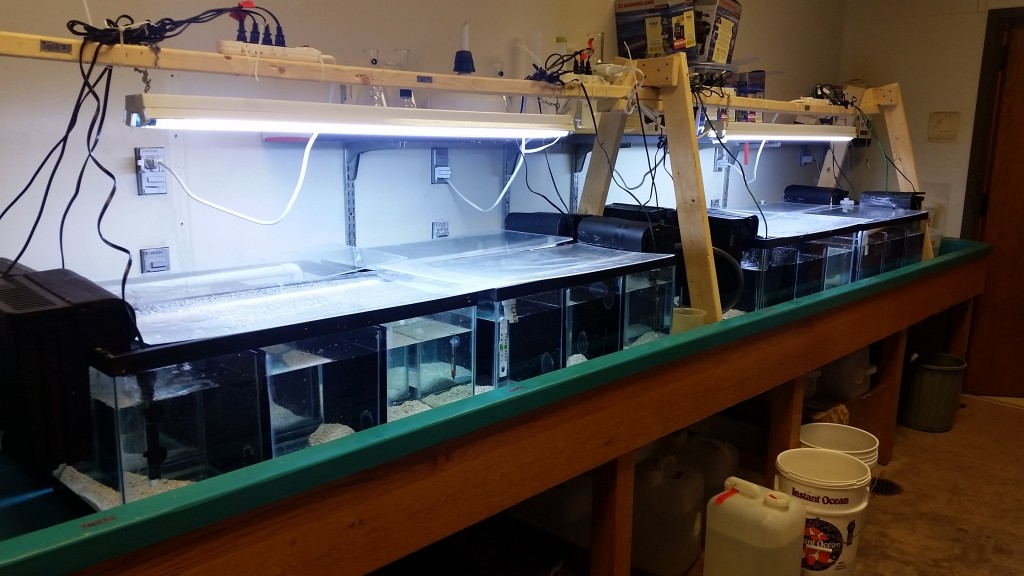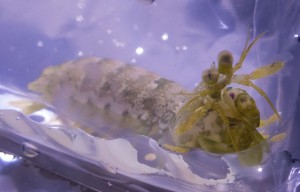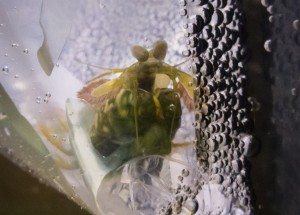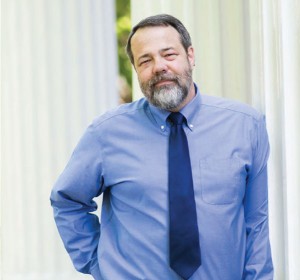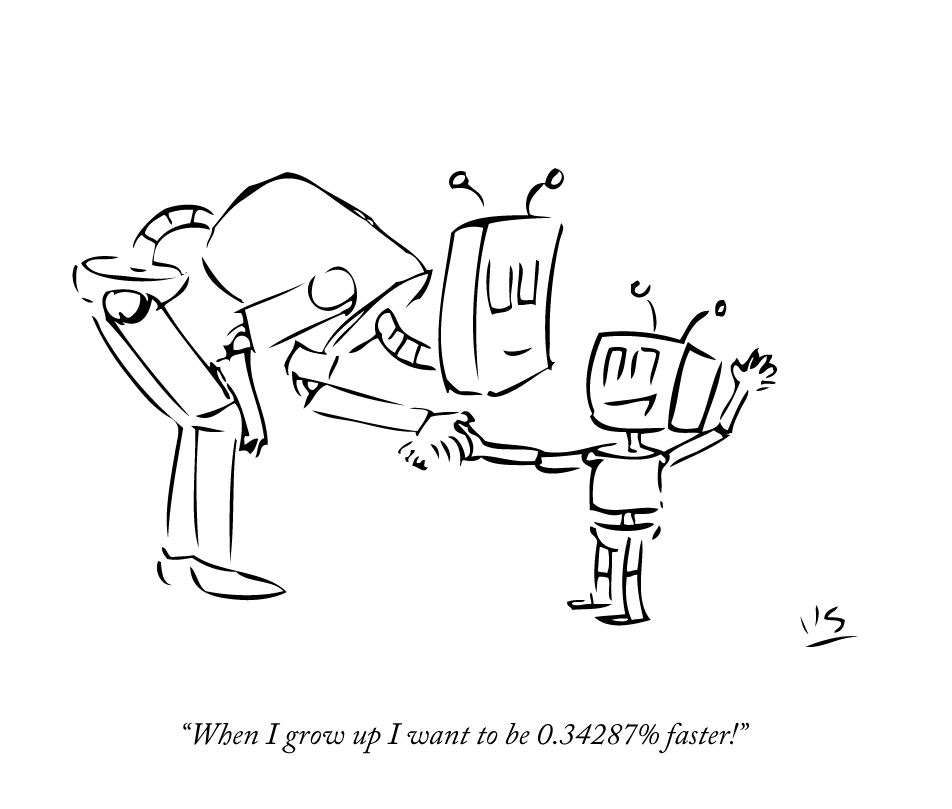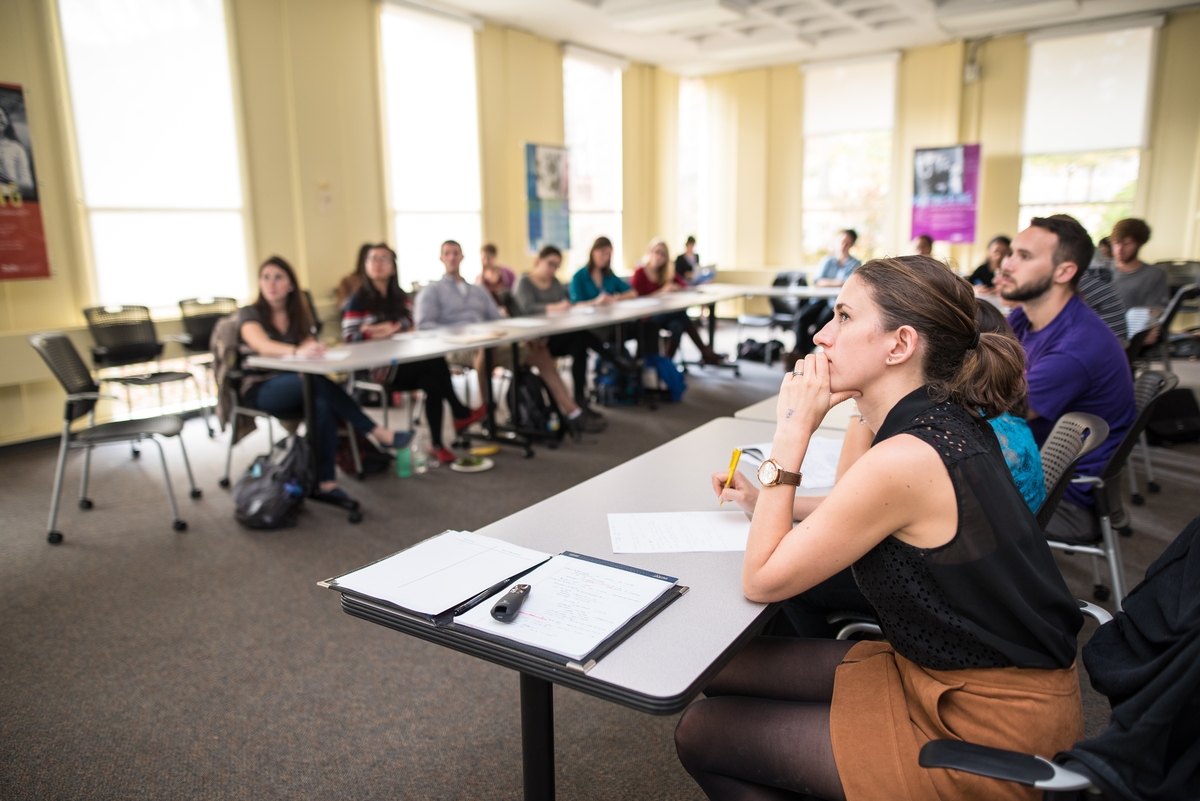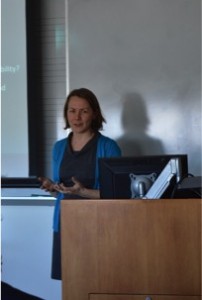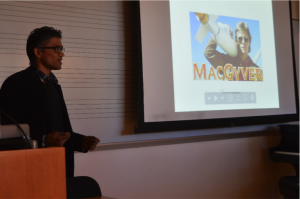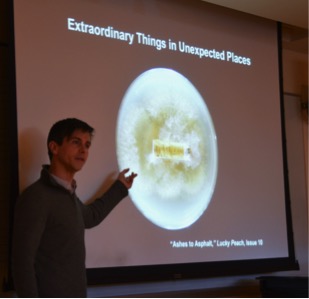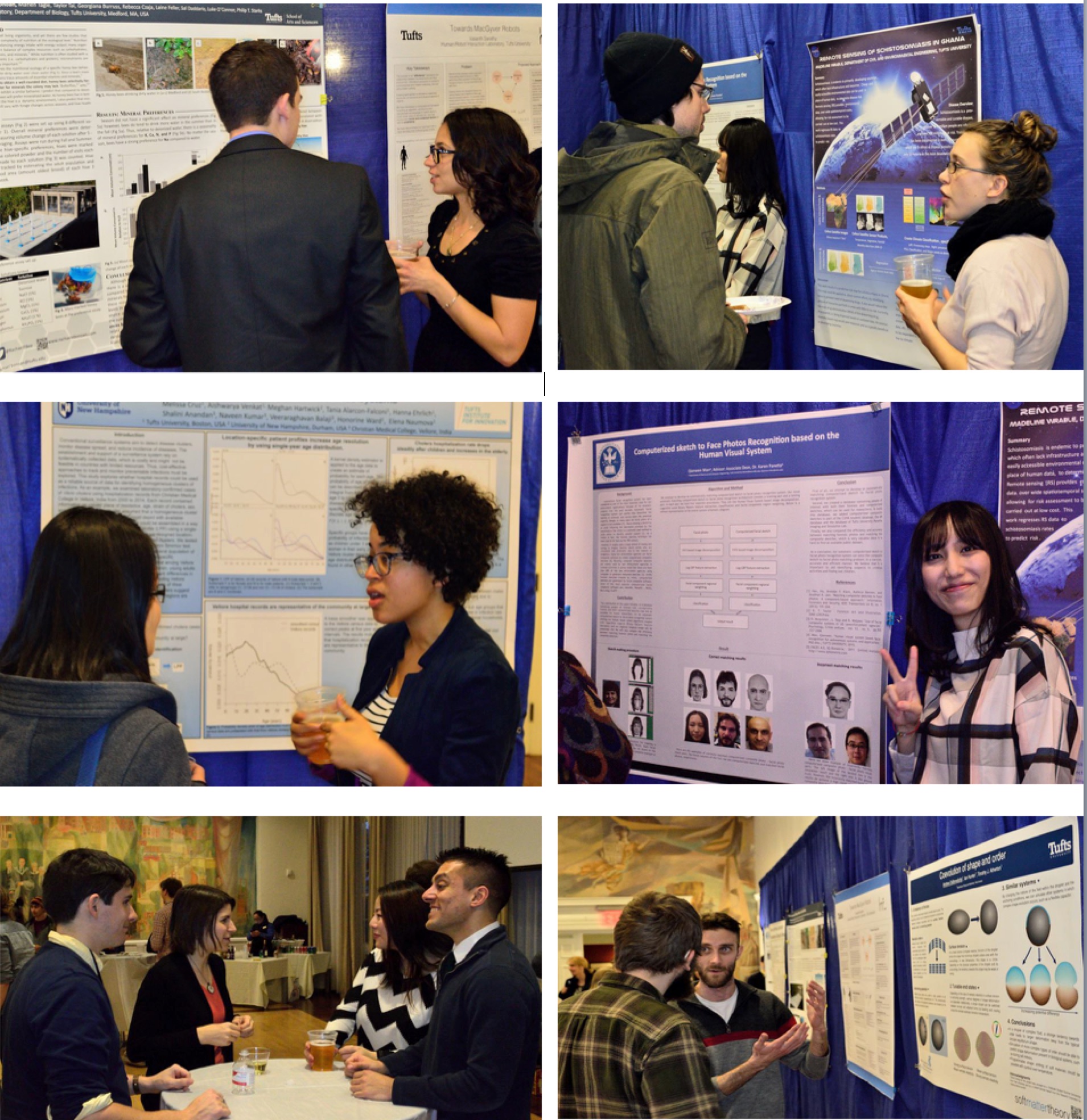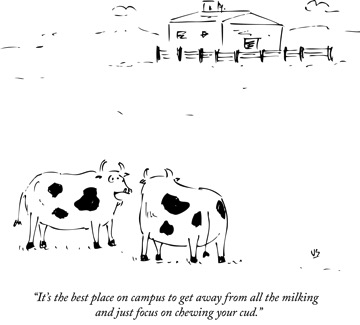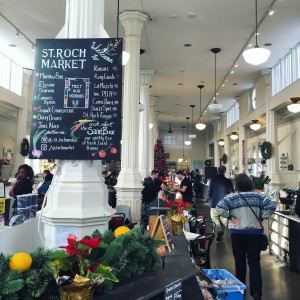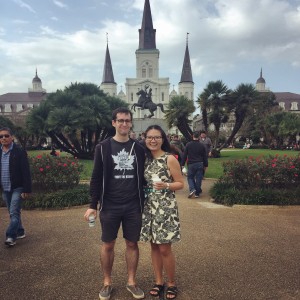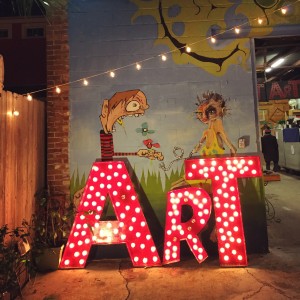Written by Rachael Bonoan, Biology Ph.D. Candidate
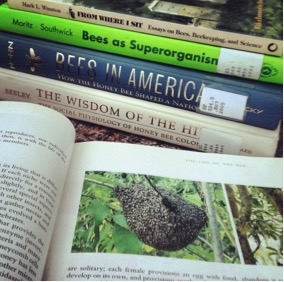 One of the hardest things about my transition into graduate school was becoming the Master of my own time. As an undergraduate at UMass Dartmouth, I took more credits than were necessary (I am a biology nerd and wanted to take as many upper level biology classes as I could), I was the president of two on-campus clubs, I did research on zebra finches, and I worked 20-30 hours a week (off campus) as a pharmacy technician. I had syllabuses, meeting schedules, a set research schedule, and a work schedule. Homework and studying got done whenever there was a spare moment. (Most often, this was at my favorite coffee shop near campus.) I was not the Master of my own time.
One of the hardest things about my transition into graduate school was becoming the Master of my own time. As an undergraduate at UMass Dartmouth, I took more credits than were necessary (I am a biology nerd and wanted to take as many upper level biology classes as I could), I was the president of two on-campus clubs, I did research on zebra finches, and I worked 20-30 hours a week (off campus) as a pharmacy technician. I had syllabuses, meeting schedules, a set research schedule, and a work schedule. Homework and studying got done whenever there was a spare moment. (Most often, this was at my favorite coffee shop near campus.) I was not the Master of my own time.
When I first arrived in graduate school, my advisor told me to take a couple weeks to read everything I could about my topic of interest (honey bee health and nutrition!). Easy, right? Not for me. As an undergrad, two of my closest friends were in most of my classes; studying and homework happened in a group. Sitting in a library, reading by myself, was HARD. I sat in the library reading for what seemed like hours, only to look up and find only minutes had passed. I am in the sciences to discuss ideas and collaborate with people, not to shut myself out and read (though I do understand this is sometimes necessary). That first year, I figured out two ways to make my days spent reading bearable and productive.
First, I needed a good playlist. I tried Spotify and Pandora, but I quickly got bored (and there were too many ads if you didn’t pay). Then, I discovered Songza—now Google Play music. What I love about Google Play is that you pick your playlist based on activity and/or mood–and there aren’t a bunch of ads! This allowed me to discover playlists I would have never imagined, like “Relaxing Film Scores” for getting through a dense paper.
Second, I needed a change of scenery. Sitting in the library all day wasn’t doing it. I scheduled blocks of time to read, followed by short breaks to walk and find somewhere else to read. While studying for my qualifying exam, I went to nearly every coffee shop within a three-mile radius of campus.
Regarding planning blocks for reading, and breaks for walking, I needed a planner. I have tried a few different types of planners; the one that works best for me is the Passion Planner. The Passion Planner breaks down each day into half-hour increments—allowing for some serious scheduling and time management. I have also discovered some amazing erasable pens that allow me to color-code and move things around in my planner without it getting messy (I’m a bit type-A like that).
The Passion Planner also has a space to create a prioritized “work” to-do list as well as a “personal” to-do list (can’t forget to buy groceries and do laundry) each week. Every Monday morning, I sit down with my Passion Planner and erasable pens, and plan out my week. My plan often changes as the week goes on and things come up (hence, the erasable pens). The prioritized list helps me decide what can be pushed off and what needs to get done (for example, writing this blog post was in the “top priority” section of this week’s to-do list).
This is what works for me—it won’t work for everyone. If you are having trouble finding your own style of time management, there are people that can help you! The Academic Resource Center at Tufts actually has Time Management Consultants that will sit down with you and help you work out a personalized time management strategy! The Graduate School of Arts & Sciences also puts on a time management workshop (this is where I discovered the Passion Planner) that is a bit of a survey of various strategies.
One last tip that I learned at the time management workshop that I think everyone can benefit from—no matter their work style—take effective breaks. Take a coffee break, a snack break, an exercise break, a power nap break, a coloring break. Do whatever it is you need to do to keep your mind and body fueled. You will be a lot more productive!
I like to take a break by taking a walk to the Rez (a student-run coffee shop in the Campus Center) for some caffeination and a treat (they have delicious muffins). If the weather’s nice, I also enjoy sitting on the Tisch Library Roof where there is a beautiful view of the city and fresh air. With the beautiful city lights at night, the Library Roof makes a great place to clear your mind day or night (grad school can sometimes mean late nights in the lab)!

